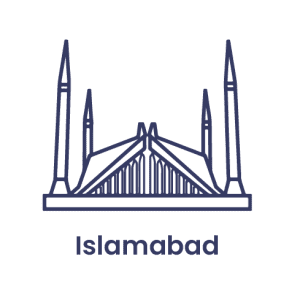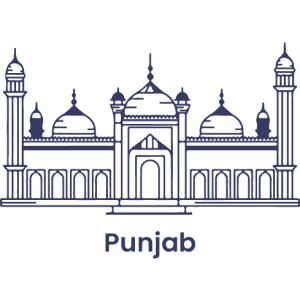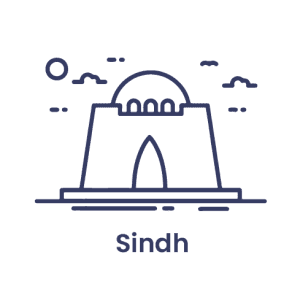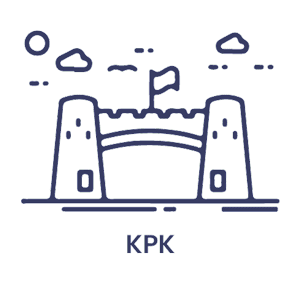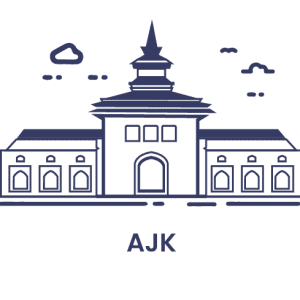The Sustainable Development Goals (SDGs) are a set of 17 objectives – negotiated and agreed to by all 193 world governments in 2015 – to end extreme poverty, achieve decent work for all, promote justice, peace and prosperity, and protect the natural environment from human-caused harms. Schools and teachers are in a unique position to educate the future generation of community leaders, consumers, voters and citizens on the world’s biggest challenges and to inspire them to take action today. More than half of the population of our planet is currently under the age of 30 – the biggest generation of young people the world has ever seen. This puts educators in a truly unique position of influence and impact for the future of the planet. Schools and teachers have a tremendous opportunity to empower billions of young people to become leaders and pioneer a movement for a better and more sustainable future.
As one of the leading educational institutes of our country, incorporating SDGs into our school and college culture requires impact and authentic engagement of students. Sustainable Development Goals form an important part of The Millennium Education School life and Curriculum.
We aim to achieve this through five main strategies:
School Curriculum
Our School curriculum is based on Sustainable Development Goals. Our curriculum focuses on the seventeen SDGs throughout the primary years and Lower secondary years enabling learners to develop skills and attitude towards promoting justice, reducing inequalities , protecting the Earth, handling climate crisis, working for the poor and needy. It aims to ensure our learners develop the knowledge, skills, values and attitudes to flourish in practical life, learning and teaching environments, and to appreciate their place in the community and at the same time advocate for action and the attainment of the SDGs in a holistic, integrated manner in our classrooms.
School Projects
We conduct global projects directly aligned to Sustainable Development Goals. Through our projects we give learners the apparatus necessary to handle complex local and global issues like gender inequality, local poverty, racism, and many others, while empowering students to start making the difference they want to see in their communities. Schools are also places where learners, teachers and parents gather to collaborate and partner with the wider local, national and global community and as such, have a unique educational responsibility and potential to create change. We collaborate with many local communities and schools while working on the achievement of SDGs and our students make visits to the schools as part of the projects carried on. We partner with many schools internationally through connecting classrooms and Microsoft Innovation Classrooms where we collaborate with our partner schools for completing projects based on Sustainable Development Goals.
Morning Assemblies
Millennium learners are being taught that United Nations observances contribute to the achievement of the purposes of the UN Charter and promote awareness of and action on important political, social, cultural, humanitarian or human rights issues which are directly aligned with Sustainable Development Goals. They provide useful means for the promotion of international and national action and stimulate interest in United Nations activities and programmes. Our school morning assemblies elucidates our school vision bringing out the best in a learner mentally, intellectually, academically, physically and culturally by developing the attitudes, skills, knowledge and values in the students, thus required to meet the Global Challenges as Millennials in the 21st century through school culture and learning environment. Our assemblies focus on creating awareness and understanding the SDGs through activities and presentations and active participation of students.
School and College Clubs and Societies
There are a wide range of clubs and societies in operation at The Millennium Education. These Clubs and Societies have been set up keeping in mind the Sustainable Development Goals. The clubs and societies focusing on the SDGs reside within the broader thematic areas of SDGs such an environment, Community Service, Arts, Languages, Governance, Leadership and Entrepreneurship societies.
The Millennium Education Citizenship Curriculum
The Millennium Education Citizenship Curriculum aims to provide a coherent structure to the achievement of Sustainable Development Goals in our schools. It aims to sensitize our Millennials about Sustainable Development Goals and motivates the young Millennials to come ahead to perform positively for their community and thus take the lead to steer it in the right direction.

